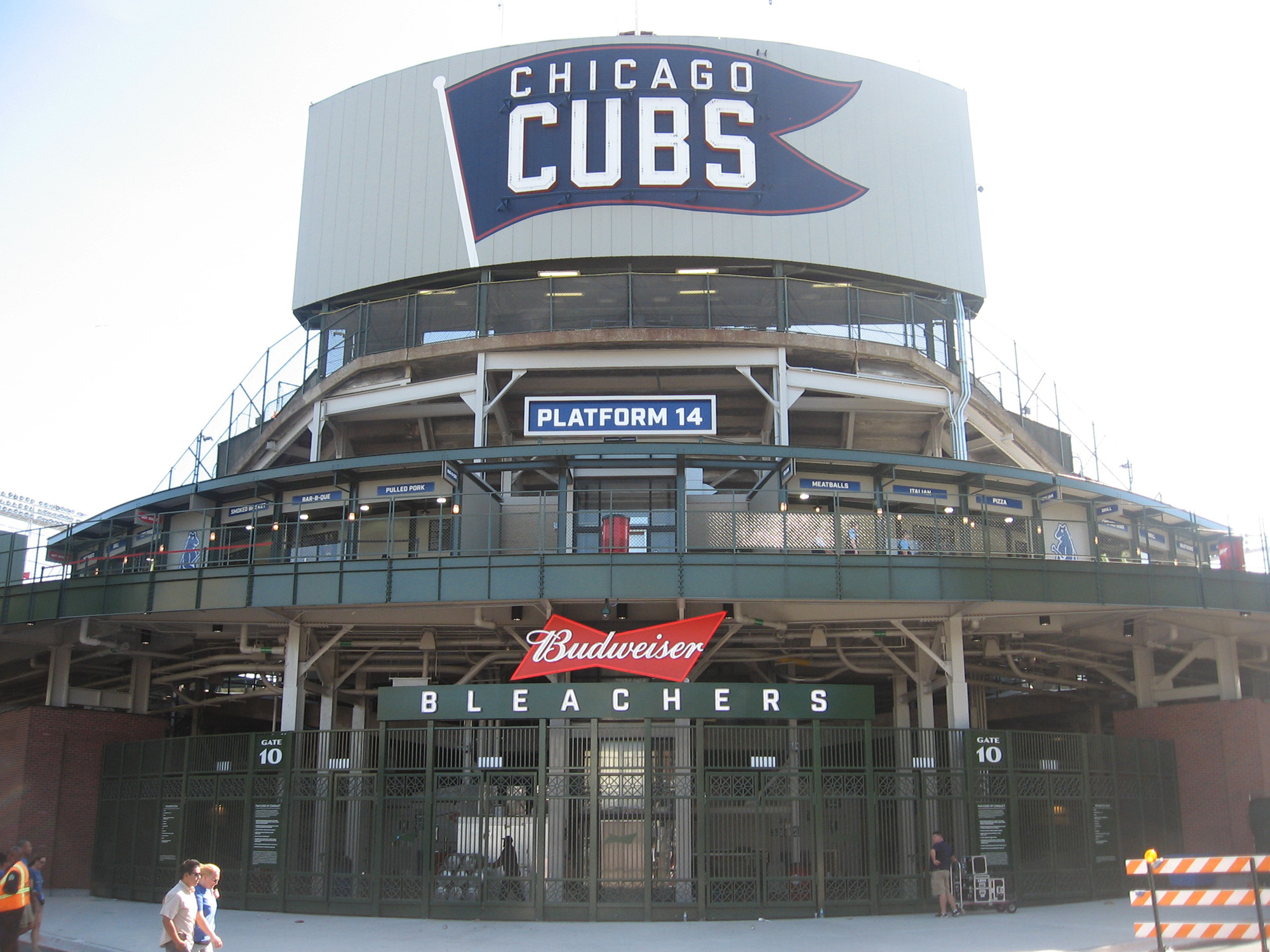Wrigleyville residents are seeing one additional benefit to the $575-million makeover of Wrigley Field: what was once a seedy neighborhood is seeing potential upgrades as the Chicago Cubs home becomes a year-round attraction.
Ballpark aficionados have always viewed Wrigley Field as a shrine — and indeed, it’s one of the places every baseball fan should visit at some point in their lives — but the Wrigleyville experience hasn’t always been great. Operating as America’s largest beer garden may have been a great business move in the 1980s when WGN broadcasts burst onto the national consciousness, but times have changed, the economics of running a ballpark have changed, and how fans view the entire ballpark experience from parking the car to seeking a postgame dinner destination are different. So while the emphasis on Wrigley Field changes in the 1060 Project have been within the ballpark so far, the next phase will include changes to area around Wrigley Field, orchestrated by Cubs ownership. That includes a new hotel, a plan to turn the Wrigley Field area into one, big family-friendly public plaza, and more. From the Chicago Tribune:
Even so, the Cubs are on the brink of thrusting the neighborhood into a new era. An estimated $575 million project is happening now at the ballpark — piece by piece — and just up the block, on the corner of Clark and Waveland Avenue, where its skeleton is starting to take shape.
“Our plan is to enhance the Lakeview community and quality of life,” Julian Green, the team’s vice president of communications, said in an email. “Wrigley Field is a destination. We think we can grow that opportunity.”
The plan includes a 175-room hotel, Cubs offices and meeting spaces, retail shops and more food and drink options — additions that aim to ground the neighborhood.
“The goal is to create an attractive destination like a town square, and include several family activities and other community events on non-gamedays,” Green said. “We could host farmers markets in the spring and ice skating in the winter.”
There’s always been a somewhat tense relationship between Wrigleyville residents and Wrigley Field; locals like the idea of living next to a ballpark but dislike the minuses, like parking issues and drunken fans. If the Wrigley Field improvements do indeed end up improving the Wrigleyville experience, locals will have gained a lot in terms of rewards for their patience.
Photo by Mark Cryan.

